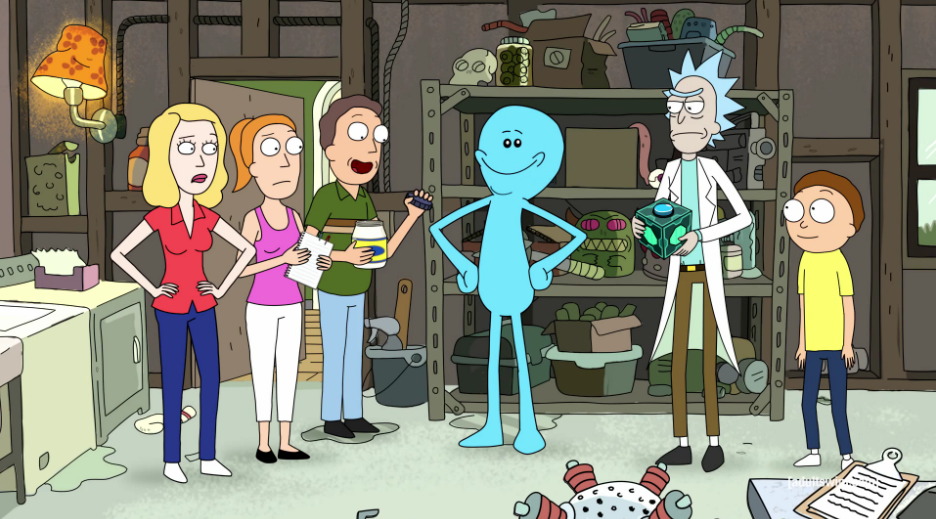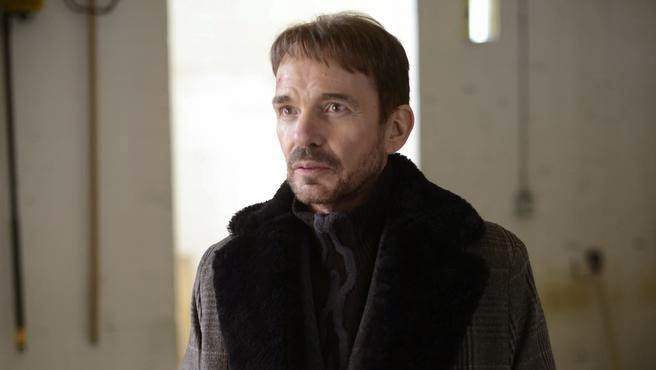No matter what occupation you’ve stumbled into in life,
there will always be an antagonistic force preventing you from doing that job. This
may sound overly-dramatic, but it’s totally true – Newton put it best when he
posited that “for every action, there is an equal and opposite reaction”.
Postal Workers have Dog Walkers, Customer Service Reps have Customers, and
Writers have Writer’s Block. It’s a tangible force, turning words into not-words,
right when they’re needed most. Every writer has their own methods of battling
this inconvenient scourge, but here’s a few more experimental ways that I may
or may not have tested.
1) Constantly Be
Going to Sleep or Waking Up
The definitive opposite of writer’s block for any modern
writer is that sweet spot time of day where you’re simply at your most
productive / creative / uninhibited. For myself and many other writers I’ve had
the privilege of knowing, it unfortunately comes at quite an ungodly hour. I’m
talking “so late at night that it’s basically already the next day” kinda time.
Equally, some writers tend to be at their most awesome when they wake up super
early in the morning – I’m talking “so early in the morning that’s it’s
basically still last night” kinda time. Naturally, there’s some crossover
between these time periods.
So why not simulate these conditions constantly? Give
yourself an hour and half of sleep before two hours of awake time, and repeat.
The great part is that this adds up to 24 and half hours in a day, giving
yourself an extra half hour to do what you love (I’m sure your calendar will
naturally course correct itself down the line). Have plenty of sleeping pills
and alarm clocks on standby, and be sure to set up a schedule so that they may
co-exist peacefully. Now your life is just one long sweet spot! You may have to
sacrifice other basic human functions, such as bathing, eating, drinking, human
contact and exercise, but you’ll soon find your script is finished in no
time...
2) Find Your
Characters in Real Life and Follow Them
Unless you’re writing about an intergalactic politician from
the planet Nebulus 7, you can probably find some sort of real life counterpart
to the characters you are currently writing about. Even so, your intergalactic
politician from Nebulus 7 could be based on a real politician (even if they
have less tentacles than their Earth
counterpart). Luckily, most of your cast design may be consciously or
subconsciously built out of people you already know personally, in which case,
this step will be incredible easy for you! Ring them up, catch up with them and
subtly enquire as to their current whereabouts.
If you characters don’t seem to have an obvious proxy amongst
your friends / family / enemies, then you’ll have to do a little more work to
track someone down. Nevertheless, once you do find them, it is imperative that
you DO NOT ENGAGE THEM. The only way worthwhile notes are going to be taken
from this experience is if you remain entirely objective. You don’t want to be
studying your dentist antagonist’s proxy only to fall in love with them. Hang
back, observing their behaviours, mannerisms, likes / dislikes, relationships
and ticks, but be sure to do this in a way that remains within the parameters
of legality. Don’t learn about the alternative the hard way.
3) Instigate A
Failure = Punishment Scheme
Fear can be a powerful motivator. Aside from the minor fear
of not meeting your script deadline, the fear of total failure can pressure us
into achieving greatness. Now some people like to implement reward schemes into
their writing process, e.g. I’ve written 3 pages today, meaning I’ve earnt
some time to watch last night’s Top Gear. This is all well and good, but
ultimately there isn’t that much actually at stake. Stakes are important in
stories, so why shouldn’t they be important in story writing? So, if you’ve
actually got stuff to lose, it’s time to put them on the line, and gamble for
greatness...
Hire a friend or trusted ally (they’ll be much cheaper and
easier to find) to police your behaviour during your next writing session. They’re
on hand to enforce your punishments (it’s at this point I probably should
mention that you can’t make your punishments kinky if you’re into that sort of
thing. Especially if your friend is into it). If you can’t write 5 good pages
in 2 hours then your friend is taking your Sky Box away for a month. If that
doesn’t motivate you, make the punishment even harsher (e.g. your friend gets
control of your money / fridge / spouse). Fear will make you a more productive
(DISCLAIMER: not necessarily better) writer.
4) Pretend to Be
Perpetually Leaving the Cinema
Arguably, the most important thing a writer needs to
consider when creating story is their audience (#2 is coffee shops to work in).
Obviously you can gauge your own tastes pretty well, but you won’t ever get
much one-on-one time with general moviegoers or TV bingers. There is one mythical
place, however, where content and reception can be found hand in hand – your local
cinema. “But cinemas are so damn expensive these days”, I hear you yell
redundantly into your laptop monitor. No matter, dear friend, for this plan
requires absolutely no financial investment whatsoever.
All you need to do is station yourself in the cinema lobby
for a day. Tell the staff whatever you have to in order to get them to leave
you alone (maybe even be truthful). Now you’re in a position to bear witness to
the window of time where people are most
likely to talk about what they did or didn’t like about a movie. As the
groups leave the screens, slot in behind them with your notepad, and take
extensive notes based on what you overhear. “I didn’t like the bit where he
cracked the Enigma Code” – brilliant, no code cracking in my story! “No idea
what James Corden was doing in it” – scratch all slightly rotund British lad
characters! “I loved the part where the Robot rode on top of the Robot Dinosaur”...
Oh.
5) Vow to Never Write
Again
If you can’t beat ‘em, join ‘em. I believe Isaac Newton also
said that. Honestly, the only real reason writer’s block becomes an issue is
because we’re in a mindset of wanting or needing to write. Imagine the burden
that will be lifted once you let go of that want or need, and accept that
writing just comes and goes as and when it pleases. The next time you find
yourself struck by writer’s block, there’s no sense in trying to be the
unstoppable force that budges the immovable object. Just hold your hands up and
walk away, before doing something else with your life.
This may all sound defeatist, but really what you’re doing
is tricking your brain, without having to pay Leonardo DiCaprio to go inside of
it. You come up with some of your best ideas when you’re not even thinking
about writing, and that’s what you have to simulate. Before long, that idea
will come and it will be so glorious that you’ll wonder why you don’t quit
writing all the time. If this method doesn’t lend itself to your tight
deadlines, then, well... I don’t know. I’m not sure what you’d do. If I’m
honest, I’ve hit a bit of a block on this one. HENCE WHY I AM QUITTING WRITING
FOREVER, EFFECTIVE IMMEDIATELY (until next Saturday).









































